- 3434 views
- 0 comments

When shopping for gemstones, it is important to understand the value and quality of the stones you are buying. Gemstone certification is a way for buyers to verify the authenticity and quality of the stones they are purchasing. This process involves the evaluation of a gemstone's characteristics by a certified gemologist in order to assess its quality and value. By having a certified gemstone, buyers can be sure that they are receiving a genuine stone with the correct qualities and value. In this blog post, we will discuss what gemstone certification is and why it is important.
WHAT IS GEMSTONE CERTIFICATION?
Gemstone certification is the process of verifying the authenticity, origin, and quality of a gemstone. Through this process, jewelers, retailers, and collectors are able to guarantee that their gemstones are genuine and authentic.
GIA-CERTIFIED BLUE SAPPHIRE GEMSTONE
Certified gemstones are typically more expensive than non-certified ones, not only are they more valuable due to their authenticity, but they also tend to hold their value better over time.
THE IMPORTANCE OF CERTIFICATION
Gemstone certification is one of the most important aspects of gemstone buying. It is a process through which the quality and value of the stone are verified and established by a gemological laboratory. Certification plays an essential role in protecting buyers from being deceived with false information about the gemstone and ensures that they are paying for a genuine, high-quality item. Gem certification is beneficial to both the buyer and the seller. For the seller, certification provides credibility and trustworthiness, as buyers are more likely to invest in products with a valid certificate. Gem certification also provides a record of the gemstone’s history and can be used to determine its authenticity in the future. Furthermore, it helps to establish a common language among industry professionals, allowing them to communicate more easily about the gems they are selling or appraising.
THE PROCESS OF CERTIFICATION
The process of gemstone certification involves the use of specialized equipment, experienced gemologists, and strict guidelines to ensure the accuracy and authenticity of a gemstone. A gemstone is subjected to several tests including visual examination, spectroscopy, and sometimes even x-ray fluorescence to determine its identity, quality, and characteristics. It provides an assurance that the gemstone is genuine and of the highest quality.
• The first step in the process is for the gemologist to identify the gemstone based on its physical characteristics such as its color, shape, size, transparency, and clarity. If there are any irregularities or inclusions present, they will be noted as well. Once this information has been gathered, the gemologist can then move on to more detailed testing methods.
• Spectroscopy is used to measure light passing through the stone. The wavelengths absorbed by the stone can help to identify the type of gemstone and its chemical composition.
• X-ray fluorescence can also be used to identify trace elements that may be present in the stone. All of this data is then compared with a known reference sample or “master” set of data to confirm the identity of the gemstone.
Once all the tests have been completed, the gemologist will make a written assessment based on their observations and findings. This report is then issued as a “certificate” from the laboratory that conducted the tests. The certificate includes information such as the type of gemstone, its characteristics, origin, estimated value, and any other details about the stone that could be important to potential buyers.
HOW TO GET YOUR GEMSTONES CERTIFIED?
The process of getting gemstones certified is fairly straightforward. The first step is to find a reputable lab or gemologist who will be able to provide certification for your gemstones. Once you’ve chosen the lab or gemologist, you’ll need to provide them with the necessary details of the gemstone or gemstones that you’d like to have certified. This includes information about the type of gemstone, its origin, and its value of the gemstone.
Once the details are provided, the gemologist or lab will then conduct their evaluation. This involves looking at the quality and authenticity of the gemstone through various tests and examinations. Depending on the type of certification, they may also run a variety of additional tests. After the evaluations are completed, the gemologist or lab will then issue the appropriate certificate attesting to the gemstone’s authenticity and quality.
It is important to note that some gemologists and labs may charge a fee for their services. As such, it is important to research in advance and compare different options in order to find the most cost-effective option for your needs.
Getting your gemstones certified can offer numerous benefits, from giving you peace of mind about the authenticity of your purchase to increasing the resale value of your gemstones. With a bit of research and due diligence, you can easily find a reliable professional who can provide you with the certification that you need.
THE DIFFERENT TYPES OF GEM CERTIFICATES
When it comes to gemstone certification, there are several different types of certificates that can be obtained. Depending on the type of stone and the country in which it is sold, different certificates will be necessary. There are so many gem certificates in the world such as GIA, AGA, IIGJ, IGI-GTL, AGA, EGL, IGI, AGL, Gubelin, SSEF, GRS, and HRD, etc. but here we share some of the most popular certificates.
1. The most commonly used type of certificate is the “GIA” or Gemological Institute of America Certificate. This is a laboratory report issued by the GIA, which provides detailed information about the stone’s characteristics. It includes a complete description of the stone, including its weight, measurements, color, clarity, and cut. The GIA also issues “diamond grading reports” which provide a complete analysis of the diamond’s characteristics.
2. Another popular type of certificate is the “AGS” or American Gem Society Certificate. These certificates provide similar information to that of the GIA, but they are not as detailed. They are often used to certify colored gemstones like emeralds, rubies, sapphires, and more.
3. Another certificate is the “IGL” or International Gemological Laboratory Certificate. This is a document which is issued by IGL and provides a detailed analysis of the stone’s characteristics. It includes a complete description of the stone including its weight, measurements, color, clarity, and cut.
4. Other forms of certification such as EGL, European Gemological Laboratories, SGL, AGA, or Accredited Gemologists Association may be accepted in some countries but are not widely accepted worldwide.
WHICH CERTIFICATION IS BEST FOR GEMSTONES?
When it comes to gemstone certification, there is no one-size-fits-all answer. Depending on the type of gemstone and its value, different certifications may be required or recommended. Generally speaking, higher-value gemstones are likely to require more detailed and comprehensive certification than lower-value gems. When buying a gemstone, it is important to determine which certification is best for the particular stone you are considering. To do this, you will need to understand what each certification entails and what kind of information it provides about the stone in question.
1. One of the most trustworthy Gemological Institute of America (GIA) certifications is considered to be the gold standard when it comes to gemstone certification. Apart from the gem weight or measurements, GIA certificates also include an evaluation of the gemstone’s brilliance and symmetry.
2. American gem society (AGS) certification is another popular option for gemstone certification.
3. International gemological institute (IGI) certification is often used for lab-grown gems. IGI certificates provide basic information about a gemstone’s size, color, clarity, and carat weight but do not include any assessment of the stone’s brilliance or symmetry.
4. European gemological laboratory (EGL) certification is typically used for diamonds. EGL certificates provide detailed information about a diamond’s cut, color, clarity, and carat weight as well as an assessment of the stone’s brilliance and symmetry.
When buying a gemstone, make sure to research the various certification options available to determine which one is best for your particular stone.
HOW MUCH DOES GEM CERTIFICATION COST?
The cost of gem certification depends on the type of certification, the gemstone type and size, and the complexity of the analysis. Generally speaking, certification can range from a few hundred dollars to thousands of dollars.
For example, a single diamond certification may cost anywhere from $100 to $500 or more depending on its carat size, color, clarity, and cut. Colored gemstones, such as rubies and sapphires certification, may cost around $100 to $300 and depending on their carat size and quality. Additionally, jade and other rare gem certification may cost over $80 due to the complexity of their analysis.
In addition to the cost of certification, there may also be a shipping fee depending on the laboratory. Some labs offer free shipping but there are usually minimum order requirements for this.
When it comes to buying certified gemstones, it is important to take into account the cost of certification in addition to the price of the stone itself. This will ensure that you get the highest quality gemstone possible at the best value.
THE BENEFITS OF BUYING CERTIFIED GEMSTONES
Buying certified gemstones can provide a number of benefits for both buyers and sellers.
1. Certified gemstones are guaranteed to be authentic and of a certain quality. This allows buyers to have confidence that their purchase is exactly what it is described as, and not some cheap imitation.
2. Certified gemstones also often come with a grading report which outlines the exact characteristics of the stone such as cut, clarity, carat weight, and more.
3. When buying a certified gemstone, buyers also have the assurance that the gemstone has been ethically sourced. Many reputable gem certification organizations ensure that gemstones are sourced from responsible suppliers and traders who adhere to ethical standards when it comes to labor rights, environmental protection, and more.
4. In addition to these benefits, certified gemstones are often covered by some form of insurance or warranty. This ensures that if something happens to the stone in the future, it can be replaced or repaired without any additional cost. This peace of mind makes buying certified gemstones much more attractive to buyers.
Gemstone certification is an important part of the gemstone industry and it can help protect both buyers and sellers. By making sure that the gems are properly certified, you can be sure that you are getting quality stones that have been verified to be genuine.
GemsBiz offers some of the best quality certified gemstones on the market. Our gemstones come with an independent certificate, verifying the authenticity and quality of the stones. Furthermore, we offer a wide range of gemstones to choose from, as well as competitive prices.
Whether you are looking for diamonds or colored gemstones, GemsBiz is the place to go to get certified gemstones. With a wide selection of wholesale natural gemstones, you can be sure to find exactly what you are looking for!
Shop Certified Loose Gemstones
Explore More
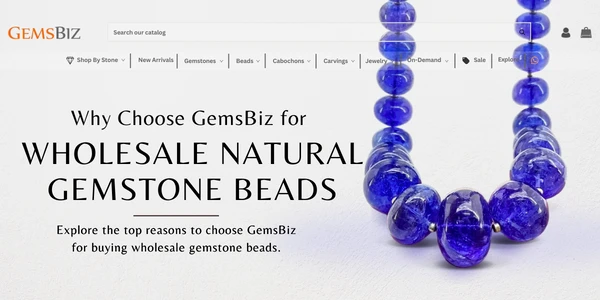
WHY CHOOSE GEMSBIZ FOR WHOLESALE GEMSTONE BEADS?
Looking for a reliable source for wholesale gemstone beads? Look no further than GemsBiz! As a leading wholesaler of high-quality gemstone beads, GemsBiz offers an extensive selection of beads in a variety of shapes, sizes, and colors. With years of experience in the gemstone industry, we have built strong relationships with trusted suppliers around the world, allowing us to offer competitive prices without compromising on quality. Our commitment to providing exceptional customer service sets us apart from other wholesalers, as we strive to meet the unique needs of our clients. Whether you are a jewelry designer, hobbyist, or retailer, GemsBiz is your go-to destination for all your wholesale gemstone bead needs. With our vast inventory, competitive prices, and exceptional customer service, you can trust GemsBiz to be your reliable partner in the world of gemstone beads.
Read more
5 TIPS TO BUY GEMSTONE BEADS ONLINE
Are you an avid jewelry maker looking to add unique and eye-catching elements to your designs? Look no further than gemstone beads! These beautiful, natural stones come in various colors, shapes, and sizes, making them the perfect addition to any jewelry piece. And with the convenience of online shopping, it has never been easier to purchase gemstone beads for your next project. In this blog post, we will share five helpful tips to remember when buying gemstone beads online, ensuring that you get the best quality and value for your money. So, let's get started!
Read more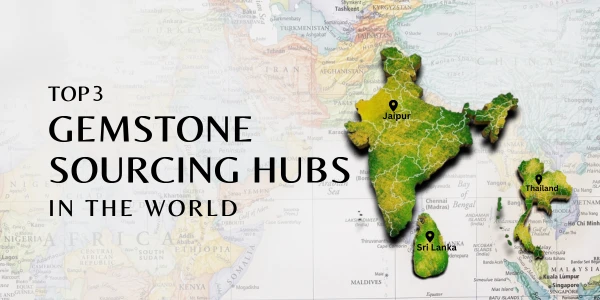
TOP 3 GEMSTONE SOURCING HUBS IN THE WORLD
Gemstones have been prized and coveted for their beauty and rarity for centuries. From diamonds to emeralds, sapphires to rubies, these precious stones have captured the attention and admiration of people all over the world. But have you ever wondered where these stunning gems come from? Numerous locations around the globe are known for their gemstone sourcing, but there are a few that stand out above the rest. In this blog post, we will explore the top 3 gemstone sourcing hubs in the world, where these magnificent stones are found, and why they are so highly regarded in the world of gemstones.
Read more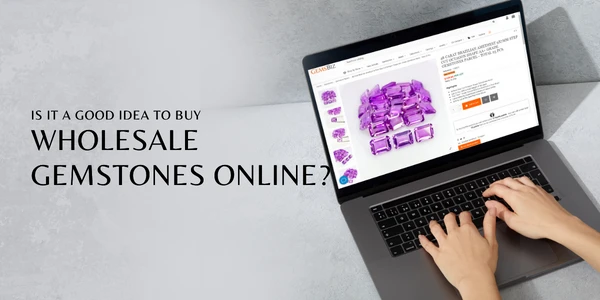
IS IT A GOOD IDEA TO BUY WHOLESALE GEMSTONES ONLINE?
The world of gemstones is a fascinating one, filled with vibrant colors, unique shapes, and stunning designs. For those looking to add to their collection or purchase gemstones for jewelry making, buying wholesale can be an appealing option. With the rise of online shopping, it's now easier than ever to purchase wholesale gemstones from the comfort of your own home. However, the question remains: is it a good idea to buy wholesale gemstones online? In this blog post, we'll explore the pros and cons of purchasing gemstones online in bulk and provide some tips on how to ensure a successful and satisfying purchase. So if you're curious about buying wholesale gemstones online, read on to find out more!
Read more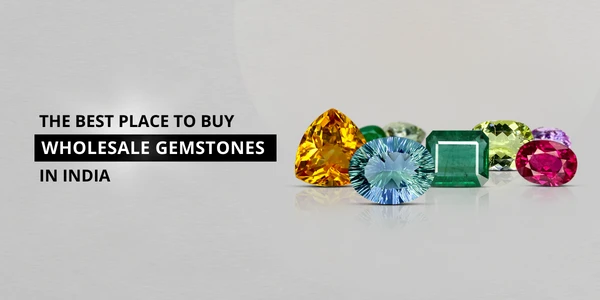
THE BEST PLACE TO BUY WHOLESALE GEMSTONES IN INDIA
India is renowned for its vibrant culture, diverse landscapes, and rich history. But what many may not know is that it is also a treasure trove for gemstones. The country has a long-standing tradition of mining and trading precious gemstones, making it one of the top producers and exporters of gemstones in the world. And for those looking to purchase wholesale gemstones, India is the ultimate destination. With a plethora of options, competitive prices, and top-quality stones, it is no wonder that India is considered the best place to buy wholesale gemstones. In this blog post, we will explore the reasons why India should be your go-to destination for all your gemstone needs.
Read more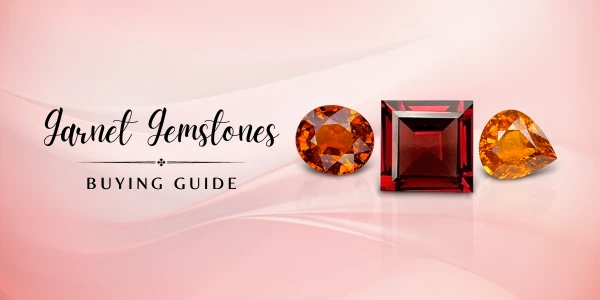
GARNET GEMSTONES BUYING GUIDE
Are you looking for the perfect garnet gemstone to add to your collection? If so, you have come to the right place. In this garnet gemstones buying guide, we will provide you with all the information and tips you need to make a knowledgeable and informed decision when selecting the ideal garnet gemstone. We will discuss the various types of garnet gemstones, their properties, the different colors, clarity, cuts, and carat weights that are available, and more. So read on and get ready to find the perfect garnet gemstone for you!
Read more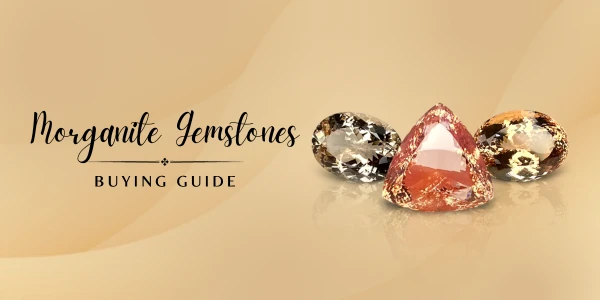
MORGANITE GEMSTONES BUYING GUIDE
Morganite, also known as pink beryl, is a mesmerizing pinkish-orange stone that has been used in jewelry for centuries. It is said to be a stone of divine love and encourages us to accept love into our lives. Whether you are looking for a beautiful piece of jewelry for yourself or a loved one, this guide will provide you with the knowledge and understanding you need to make an informed buying decision. From the history and properties of morganite to the various shapes and sizes of stones available, this guide will help you make the right choice. So let’s get started and explore the captivating world of morganite gemstones.
Read more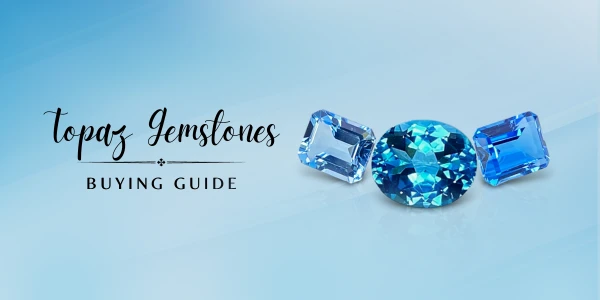
TOPAZ GEMSTONES BUYING GUIDE
Topaz is a beautiful and versatile stone that comes in various colors, sizes, and shapes. It has become increasingly popular in recent years due to its stunning visual appeal and ability to add sparkle and elegance to any outfit. In this guide, we’ll provide all the information you need to know about buying topaz gemstones, including types of topaz, what to look for when purchasing, and where to find the best deals. We’ll also give you tips on how to care for your topaz gemstone jewelry so that it looks beautiful and vibrant for years to come.
Read more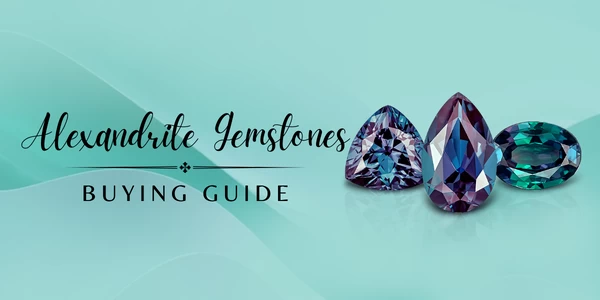
ALEXANDRITE GEMSTONES BUYING GUIDE
Are you looking to buy a beautiful alexandrite gemstone? Then you've come to the right place! Our alexandrite gemstones buying guide provides all the information you need to know before making a purchase. Here, you'll learn about the features and characteristics of alexandrite stones, tips for selecting the best quality, and advice on where to shop for the most affordable prices. With this guide, you can rest assured that you're making a smart investment in a beautiful and valuable gemstone. So, read on and learn all about alexandrite gemstones!
Read more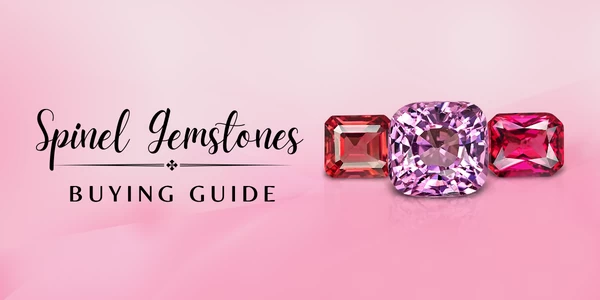
SPINEL GEMSTONES BUYING GUIDE
Are you in the market for a beautiful gemstone? If so, you should consider buying a spinel gemstone! Spinel gemstones are some of the most beautiful and unique gems in the world. They come in a wide range of colors, from pink and red to orange and purple. Plus, they are durable and affordable, making them a great option for anyone looking to add a stunning stone to their collection. This guide will provide you with the information you need to make an informed decision when it comes to buying spinel gemstones. We'll go over the different types of spinel available, discuss the various color options, and provide tips on how to care for your spinel gemstone. By the end of this guide, you'll be well-equipped to pick out the perfect spinel gemstone for you.
Read more
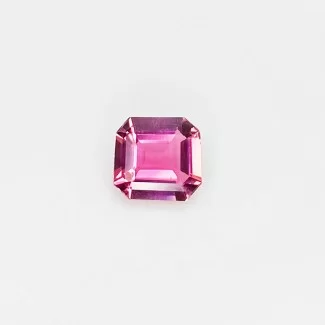

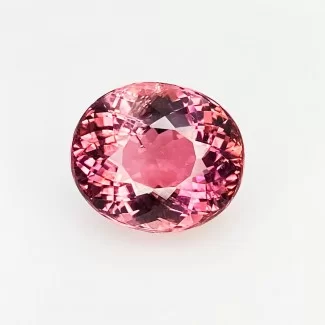
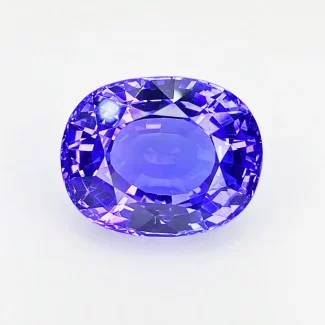
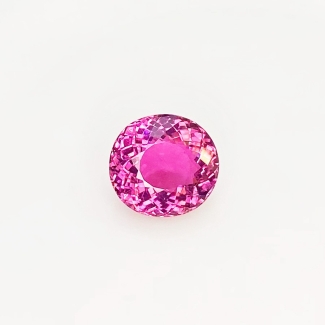
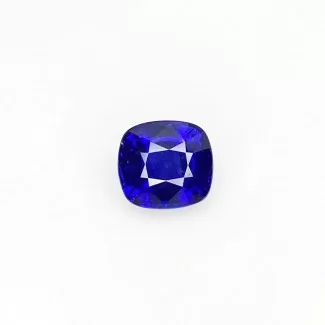
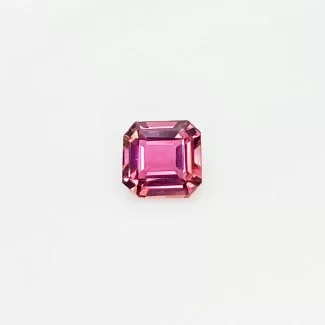
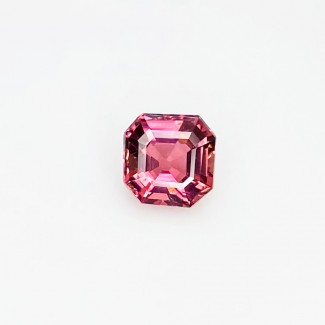
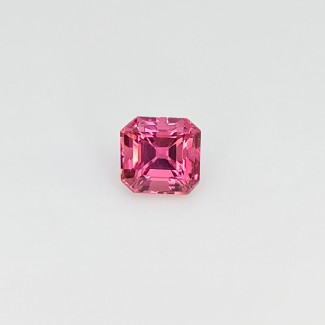
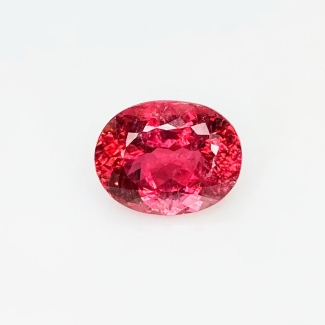
Comments (0)